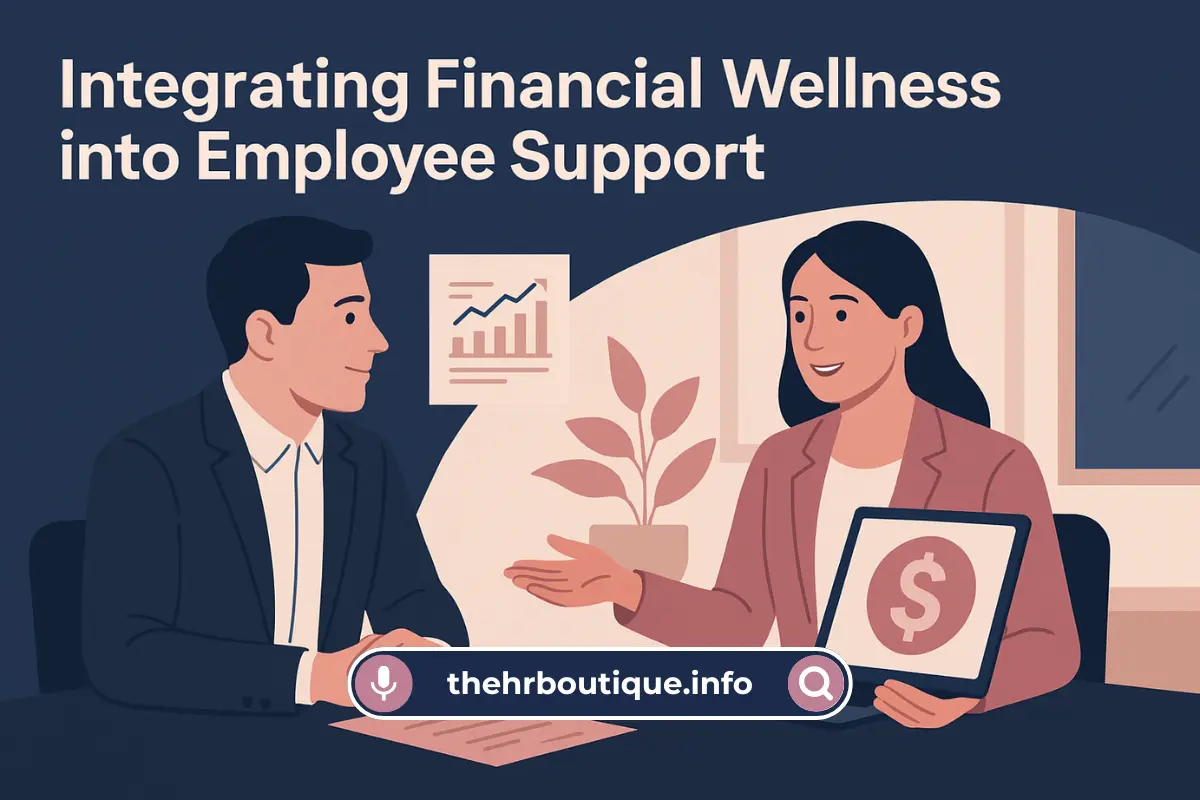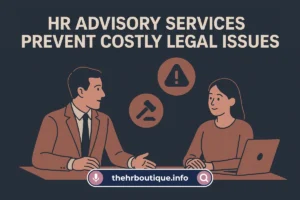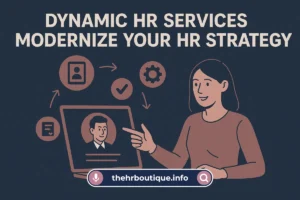Let me tell you about Sarah, one of our best customer service reps. Always smiling, great with clients—the kind of employee every manager loves. Then one day, she started making uncharacteristic mistakes. Late to meetings. Distracted during calls. When I finally pulled her aside, she broke down: “I’m drowning in medical bills and credit card debt. I haven’t slept properly in weeks.”
That’s when it hit me—we spend thousands on office snacks and team retreats, but ignore the #1 thing stressing our employees: money problems.
Why Your Team’s Bank Account is Your Business?
You can’t expect top performance from someone who’s:
- Losing sleep over rent.
- Getting harassed by debt collectors.
- Panicking about unexpected car repairs.
I learned this the hard way. After Sarah’s situation, we started anonymous surveys. Turns out:
- 63% of our team was stressed about finances.
- 41% had less than $500 in savings.
- 28% had taken payday loans (with insane interest).
The kicker? They weren’t telling us. Because money shame is real.
What Actually Works (From Our Trial-and-Error Journey)?
1. Ditch the Corporate Jargon
We made the mistake early on with emails like: “Enhance your fiscal literacy at our financial wellness seminar!” Cue crickets.
What worked:
- “How to stop living paycheck-to-paycheck (free pizza!)”.
- “Confidential chat: Getting out of credit card hell”.
2. Offer “No-Shame” Help
Our most popular program? Emergency cash advances (0% interest, repaid through payroll). Not a loan—we call it “Team Safety Net.” Rules:
- Max $1,000.
- No questions asked.
- Repaid over 6 months.
Result: 72% usage in first year, zero defaults.
3. Teach What People Actually Need
Generic budgeting seminars flopped. What stuck:
- “How to talk to your landlord when you’re short on rent”.
- “Which debts to pay first when you’re drowning”.
- “The real cost of payday loans” (with actual math).
We brought in a former debt collector to explain how to negotiate with creditors. Standing room only.
The Pushback We Got (And How We Handled It)
“This isn’t our responsibility!”
Our CFO’s exact words. Changed his mind with two slides:
- Cost of replacing one employee: $15k+.
- Our voluntary turnover dropped 40% after programs launched.
“People won’t participate”
Key lesson: Make it normal. Now we:
- Have managers share their own money mistakes.
- Include financial health in 1:1 check-ins.
- Celebrate debt payoff milestones (with permission).
You Don’t Need a Big Budget to Start
Our first effective program cost $0:
- Negotiated free financial coaching from a local nonprofit.
- Used the conference room after hours.
- Bought $50 worth of coffee gift cards as incentives.
Within 3 months, we saw:
- Fewer payroll advance requests.
- Higher 401(k) participation.
- Literal thank-you cards from employees.
The Unexpected Benefit
Turns out, helping with money stress improves psychological safety. Teams that talk openly about finances:
- Communicate better in general.
- Ask for help sooner.
- Actually use their PTO (instead of “saving sick days for emergencies”).
Your First Step This Week
Try this: Next team meeting, share:
“Hey, I’ve been thinking—we do benefits for health insurance and retirement, but not much for everyday money stress. Would anyone find [insert one simple thing] helpful?”
Options that worked for us:
• A list of vetted financial coaches (we negotiated group rates).
• A monthly “Money Q&A” (anonymous questions in a box).
• A Slack channel for sharing deals/discounts.
Final Thought
You’ll never eliminate money stress completely. But I’ve seen what happens when people go from “I’m one flat tire away from disaster” to “I’ve got a plan.” They’re different employees. Better teammates. More present parents.
And honestly? It just makes work more human.
What’s one money stressor you’ve seen impact your team? I’ll reply with how we’ve handled similar situations.





